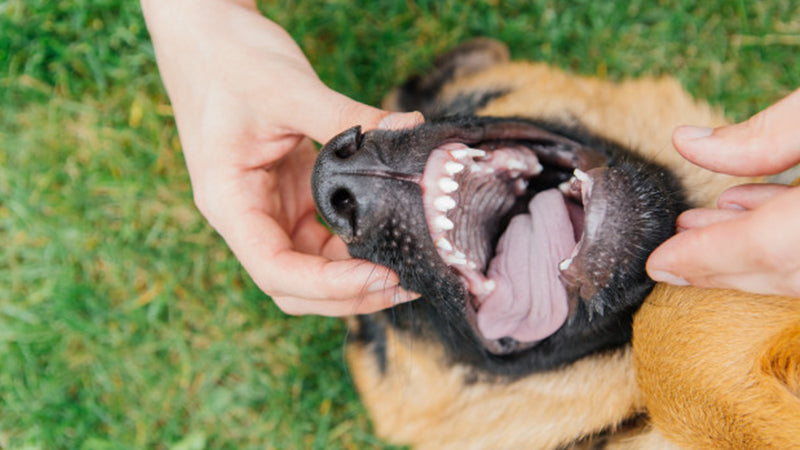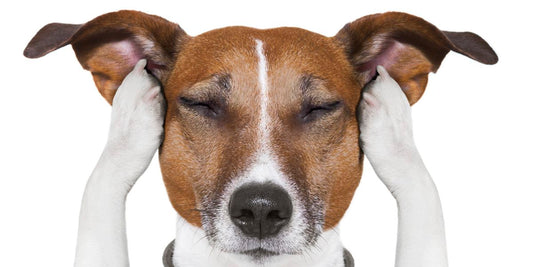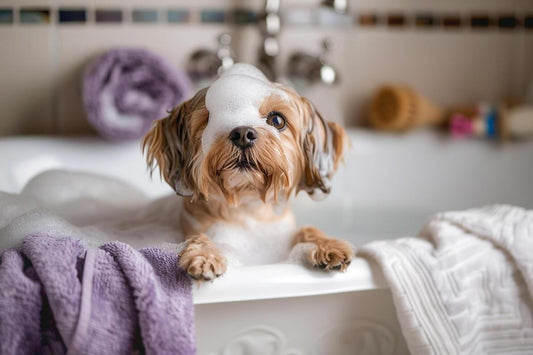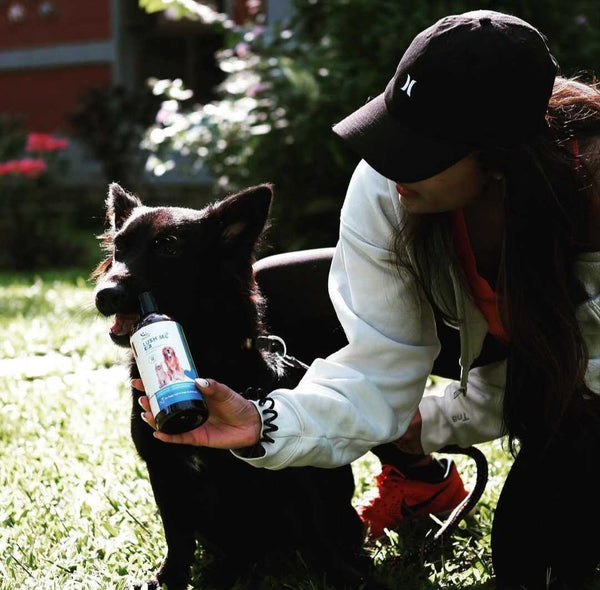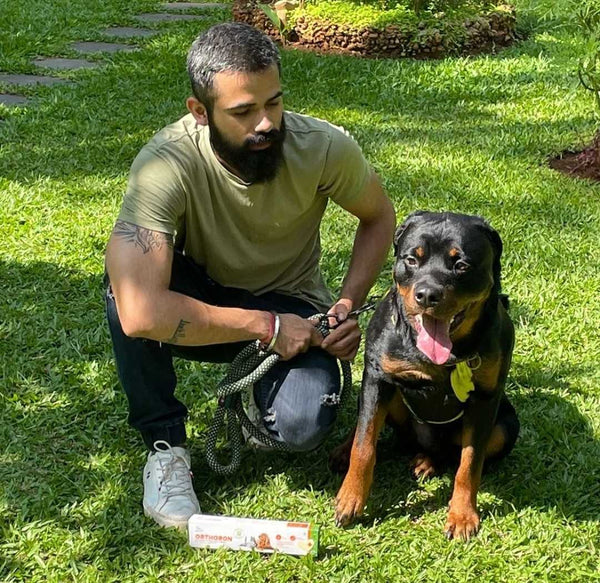
Does your pawpy’s bad breath keep you from snuggling? Oral health is as important for your four-legged baby as it is for humans. As a pet parent, you must regularly provide your furry baby with some form of dental care. Maintaining oral hygiene is very important as it may have an overall adverse effect on your pawpy’s health and wellness. Oral infections around teeth, gums, and surrounding parts of their mouth have become common and it needs to be treated immediately before it gets worse.
Dental infections usually start with plaque build-up which eventually turns to tartar. Recent studies show that more than 80% of dogs and 70% of cats show signs of oral sickness before they even turn three. The plaque build-up allows food and bacteria to accumulate and spread to their bloodstream which may lead to periodontal disease. It may further affect your furry baby’s hearts, lungs, and kidneys if left untreated. It is crucial that as pet parents you provide your furry babies some level of oral hygiene before they suffer its consequences.
How to know if your pawpy is suffering from a dental problem:

It is vital that you get your furry baby’s teeth checked by the veterinarian once a year. This ensures that your pawpys oral health is fine and it is always better to detect any oral health issue at an early stage.
If you observe any of the problems in your furry baby it is advised that you take them to the vet:
- Bad breath
- Swelling in the areas surrounding the mouth
- Broken or loose teeth
- Teeth that are discolored or covered in tartar
- Extra teeth or retained baby teeth
- Refusal to eat or reduced appetite
- Abnormal chewing, drooling, or dropping food from the mouth
- Bleeding from the mouth
- Pain in or around the mouth
- If they are easily irritated
You must be very careful when you are touching your fur baby’s mouth to check any signs of dental infection as a pawpy in pain may bite. If you spot any of these signs it must prompt a visit to the vet immediately.
What causes dental problems in furry babies?

Cavities are very uncommon in pooches, however, they can develop many similar dental problems as humans, a few of which are listed below:
- Broken teeth and roots
- Abscesses or infected teeth
- Periodontal disease
- Malocclusion, or misalignment of the teeth and bite
- Fractured or broken jaw
- Cysts or tumors in the mouth
- Palate defects (example: cleft palate)
Things you must keep in mind

Just like humans pawpy’s also lose their teeth around the age of 4-6 months, they lose their deciduous teeth to make space for the permanent large set of canines. You might find teeth falling off in their bedding or around the house, do not worry by the time they turn 8 months they will have their new set of 42 teeth.
If you see your pawpy have crooked teeth do not worry, in the world of animals appearance does not matter, and a crooked does not matter until your furry buddy is experiencing severe pain or discomfort due to it.
Your pawpy’s toys say a lot about his dental condition. As a pet parent, you must know that your furry baby can have blood spots on toys as a result of swollen gums, or bleeding gums that are a symptom of periodontal disease.
Get your furry bud to chomp on a hearty yummy treat like BITES. A good, healthy chewy treat is great for their dental health. Broken teeth called the slab fracture is commonly seen in pawpies which is caused due to forcibly biting on hard objects.
If your pup is tipping its head from side to side r dropping food it might be suffering from an abscess which is caused when the gum is exposed to bacteria. This leads to severe pain and your pup may decline his food in such a case it is best to get him to a veterinarian immediately.

